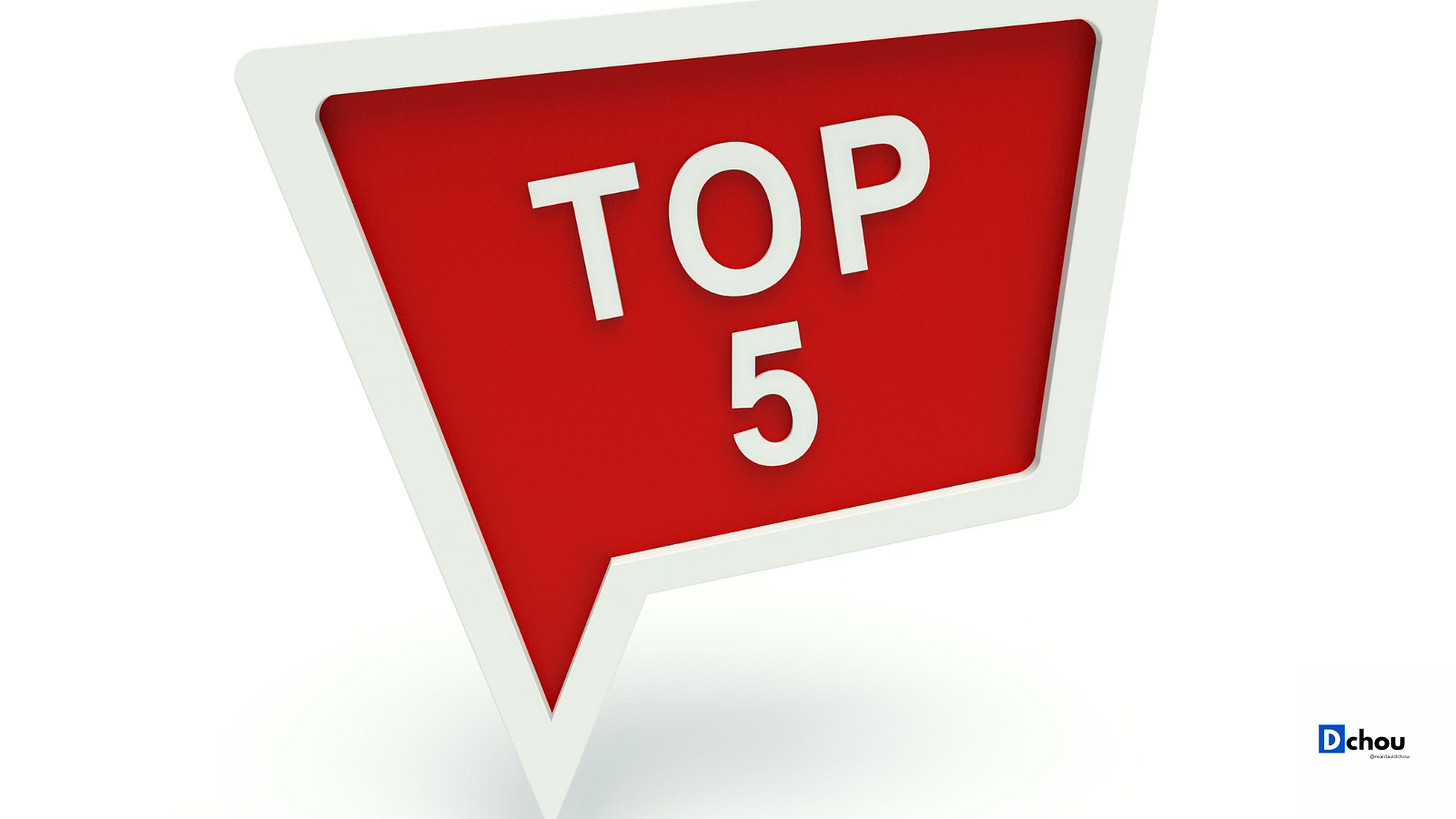Top Healthcare Tech News
week of May 12, 2025
TELUS Health
TELUS Health has acquired Workplace Options for approximately $500 million, including $350 million in cash and the assumption of $100 million in debt. This strategic move, supported by a $200 million investment from private equity firm GTCR, significantly expands TELUS Health’s global presence. By integrating Workplace Options’ extensive network across over 200 countries and territories, TELUS Health supports more than 150 million individuals worldwide. This acquisition enhances TELUS Health’s capabilities in delivering consistent, high-quality Employee and Family Assistance Programs (EFAP) and wellbeing solutions on a global scale.
The merger combines TELUS Health’s robust infrastructure and AI expertise with Workplace Options’ strong digital capabilities, establishing a global network of over 180,000 providers. This integration aims to standardize service delivery, offering clients a consistent model for EFAP and wellbeing services backed by industry-leading customer experience support. The partnership with GTCR, which brings over four decades of healthcare investment experience, is expected to accelerate TELUS Health’s growth and innovation in the global employer health and wellbeing space.
OpenAI HealthBench
OpenAI’s launch of HealthBench is a tool that helps evaluate AI models for healthcare applications, offering executives a robust tool to assess performance in real-world medical scenarios. Developed with input from 262 physicians across 60 countries, HealthBench comprises 5,000 multi-turn conversations spanning 26 medical specialties and 49 languages, ensuring broad clinical relevance. The platform actively tests AI responses against physician-crafted rubrics, scoring for accuracy, clarity, and safety, and reveals that models like GPT-4.1 and o3 now outperform unaided physician responses in simulated settings. Healthcare leaders can leverage this open-source benchmark to audit vendor solutions and integrate AI into clinical workflows.
Omada Health Files IPO
Omada Health has officially filed for an IPO, signaling a potential turning point for digital health companies aiming to re-enter the public markets. Founded in 2011, the chronic care management company submitted its S-1 registration with the SEC under the “OMDA” ticker, planning to list on the Nasdaq. While it has not yet disclosed the number of shares or expected price range, Omada’s move suggests renewed investor confidence in digital health after a multi-year IPO drought. The company, which focuses on virtual care for diabetes, hypertension, and obesity, said it generated $169 million in revenue in 2023, a 24% increase from the prior year.
Some industry observers question whether Omada Health’s digital tools deliver meaningful clinical outcomes or follow the pattern of other digital health startups that overpromise and underdeliver. While Omada cites data on improved outcomes for diabetes and hypertension, critics such as the Peterson Health Technology Institute (PHTI) have been critical, noting that this is another digital health platform that fails to prove long-term value in clinical care from their prior research on Omada.
Salesforce and Snowflake Win In Australia
Telstra Health has partnered with Salesforce to unify digital health services across Australia and New Zealand, aiming to address fragmentation in the healthcare system. By integrating Salesforce’s Health Cloud and MuleSoft technologies, Telstra Health seeks to harmonize patient and provider data, streamline operations, and enhance care services. This collaboration is part of Telstra Health’s broader modernization program, including partnerships with Snowflake and Smile Digital Health, to build a scalable, secure, and interoperable healthcare platform.
Snowflake will provide the common data and analytics layer within this unified ecosystem, enabling the consolidation of disparate datasets from Telstra Health’s suite of products and services. This integration will facilitate actionable insights and advanced analytics, supporting informed healthcare decision-making and future innovations, including artificial intelligence applications. Telstra Health’s ongoing partnership with Smile Digital Health continues to underpin the drive for interoperability, utilizing Fast Healthcare Interoperability Resources (FHIR) standards for secure and seamless data integration.
Healthcare Partnership In The UAE
Oracle Health, the Cleveland Clinic, and Abu Dhabi-based G42 have partnered strategically to develop an AI-powered global healthcare delivery platform. This collaboration aims to enhance patient care and public health management by integrating Oracle’s cloud infrastructure and AI data platform, Cleveland Clinic’s clinical expertise, and G42’s capabilities in sovereign AI infrastructure and health data integration. The platform is designed to provide secure, scalable, and intelligent healthcare solutions, initially focusing on the United States and the United Arab Emirates, with plans for global expansion.  
The AI-driven platform will enable real-time analysis of population health data, offering clinicians and public health administrators deeper insights into patient wellbeing and disease progression. It aims to improve care quality while reducing costs by providing clinical and operational executives with data, analyses, and predictive capabilities. Additionally, the platform will facilitate the integration of clinical research and care by allowing providers to identify and enroll clinical trial candidates at the point of care and enabling researchers to monitor real-world data for therapeutic interventions.   


